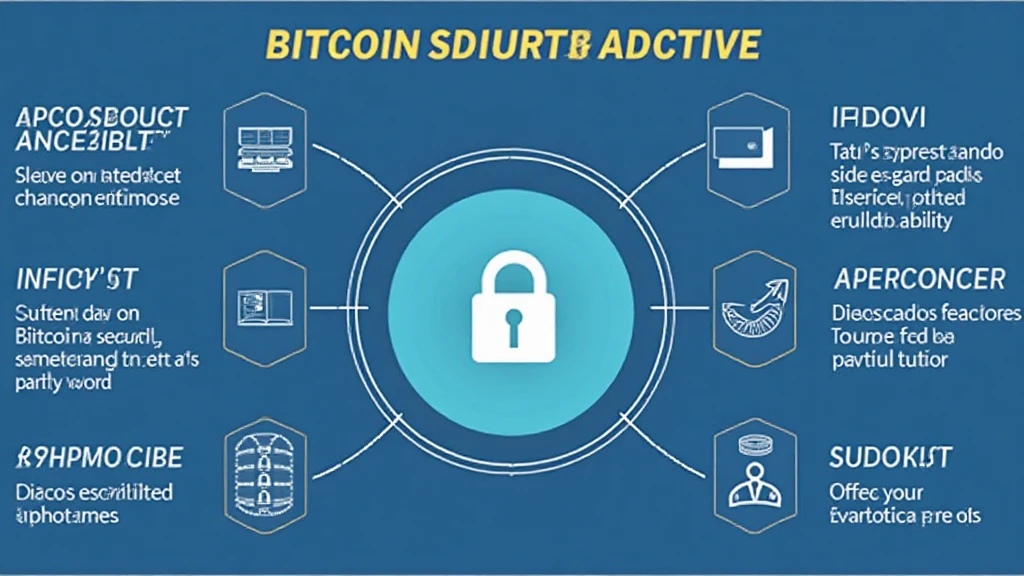Bitcoin Exchange Security Audits: Safeguarding Your Digital Assets
As the popularity of cryptocurrencies continues to skyrocket, so does the need for robust security measures. With approximately $4.1 billion lost to hacks within the decentralized finance (DeFi) sector in 2024, the importance of Bitcoin exchange security audits cannot be overstated. By implementing rigorous security audits, exchanges can protect their users’ assets and build trust. This article delves into the key aspects of security audits, offering valuable insights for cryptocurrency enthusiasts and stakeholders.
What are Bitcoin Exchange Security Audits?
Bitcoin exchange security audits are comprehensive evaluations aimed at assessing the security measures and protocols of a cryptocurrency exchange. These audits focus on identifying vulnerabilities that could be exploited by malicious actors. Just like how a bank vault safeguards physical assets, a security audit ensures that digital assets are secure.
The Importance of Security Audits
- Preventing Financial Loss: A thorough audit can identify potential vulnerabilities, allowing exchanges to fix them before they are exploited. This is particularly pertinent given the rapid increase in hacking incidents.
- Building User Trust: When users know that their chosen exchange conducts regular security audits, they are more likely to engage with confidence, knowing their assets are protected.
- Regulatory Compliance: Many jurisdictions are beginning to enforce regulations around cryptocurrency exchanges. Regular security audits can ensure compliance with local laws.
Common Vulnerabilities in Cryptocurrency Exchanges
Identifying vulnerabilities is essential for strengthening security measures. Below are some common vulnerabilities found in cryptocurrency exchanges:

- Weak Authentication Protocols: Insufficient authentication measures can provide easy access to unauthorized users, potentially leading to breaches.
- Insecure Smart Contracts: If the contracts managing users’ transactions are not properly audited, they can be exploited by hackers.
- Third-party Service Breaches: Exchanges often rely on third-party services for various functionalities. If these services are not secure, they can become entry points for hackers.
How to Conduct a Security Audit
Conducting an effective security audit requires a structured approach:
- Initial Assessment: Gather data on existing security protocols and identify areas of improvement.
- Vulnerability Scanning: Use tools to identify potential vulnerabilities in the system.
- Penetration Testing: Simulate attacks to evaluate how the current security measures respond to threats.
- Report Findings: Create a detailed report outlining vulnerabilities, potential risks, and recommendations for improvement.
Case Studies: Security Audits in Action
To illustrate the significance of security audits, consider these case studies:
- Exchange A: After undergoing a comprehensive security audit, Exchange A discovered critical vulnerabilities in their authentication processes. Implementing two-factor authentication drastically reduced unauthorized access attempts by 60%.
- Exchange B: Through penetration testing, Exchange B identified weaknesses in their smart contract code. By rectifying these issues, the exchange minimized the risk of exploitation during transactions.
Tools and Resources for Security Audits
Here are some effective tools that can assist in conducting security audits:
- OWASP ZAP: A security scanning tool that helps identify vulnerabilities in web applications.
- ChainSecurity: Focuses on auditing smart contracts, providing insights on vulnerabilities.
- Metasploit: A penetration testing framework that allows security professionals to identify vulnerabilities in systems.
The Future of Bitcoin Exchange Security
As the cryptocurrency market evolves, so will the tactics of cybercriminals. According to industry reports, the number of vulnerabilities exploited in cryptocurrency exchanges is expected to increase by 30% by 2025. Therefore, continuous improvements and adaptations of security measures will be vital in protecting user assets.
Local Insights: The Growth of Cryptocurrency in Vietnam
The Vietnamese cryptocurrency market has seen tremendous growth, with an increase in users by 150% in 2024 alone. This surge in interest has made the region a prime target for hackers. To combat this, exchanges operating in Vietnam must prioritize security audits as part of their operational strategy, ensuring compliance with local regulations and building user trust.
Conclusion
In conclusion, Bitcoin exchange security audits play a critical role in safeguarding digital assets. By identifying vulnerabilities, implementing effective security measures, and conducting regular audits, exchanges can enhance their defenses against potential threats. The time to take security seriously is now; it is not just an option but a necessity.
For users in Vietnam and beyond, the right measures can lead to a safer cryptocurrency experience. As the landscape continues to evolve, understanding and implementing these security practices will be key. If you’re interested in learning more about related topics, read our guide on cybersecurity for digital assets.
Expert insights from Dr. Lan Nguyen, a blockchain security expert with over 15 years of experience and author of more than 10 published papers on cybersecurity, lead the conversation forward in this critical field.





